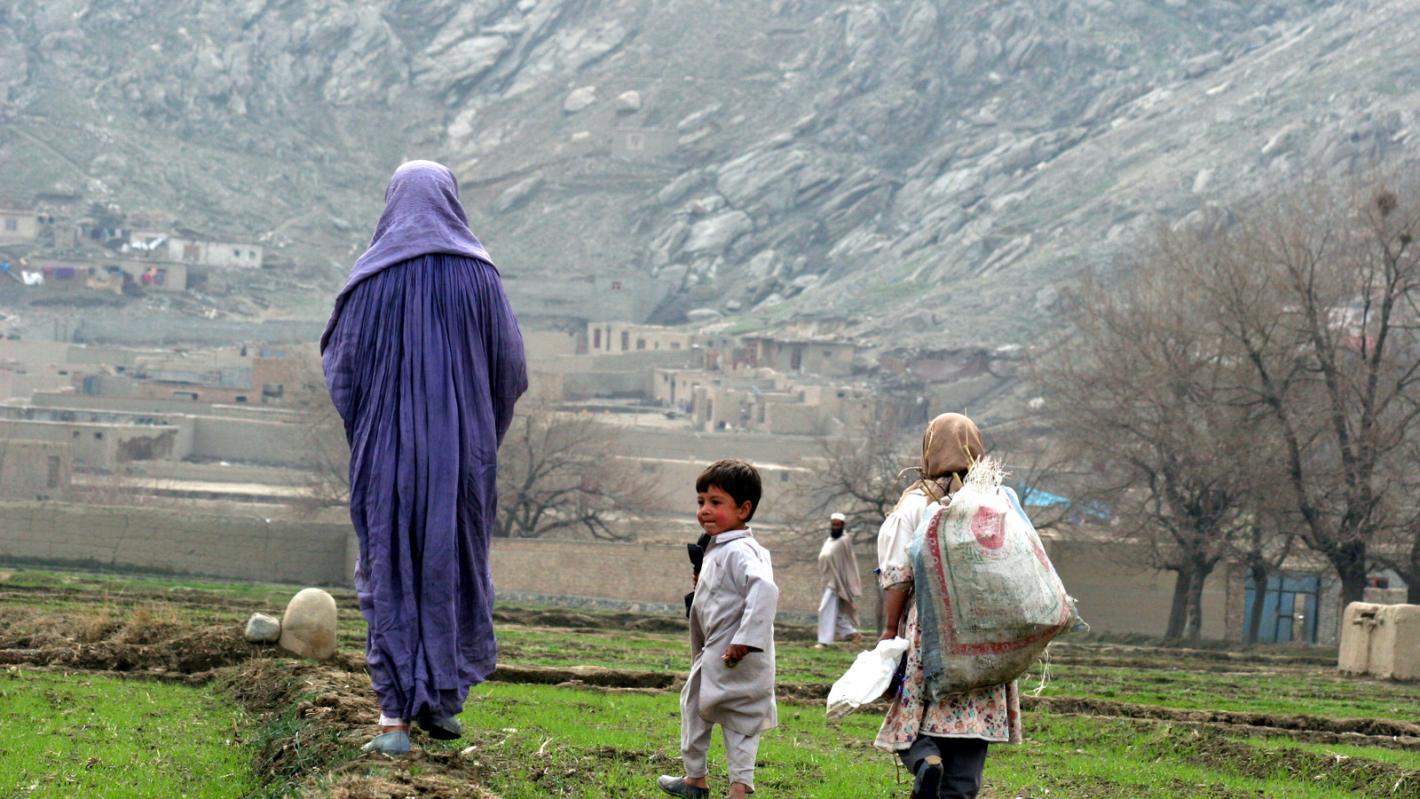BADGHIS – The need for participation and inclusion of rural women in the development agenda was stressed during an intensive discussion in a UN-backed radio programme in the western province of Badghis.
As part of a wider campaign to promote the rights and welfare of rural women in Afghanistan’s western region, participants who included officials from civil society, women groups and the Department of Women Affairs, discussed measures to improve the plight of rural women who mostly live in isolation and poverty.
In rural Badghis, women are isolated, marginalized and “left behind” said Zarqoona Shirzad, a panelist and head of the Department of Women Affairs, citing a chronic lack of opportunities, unemployment and illiteracy which has left many women poor and prone to abuse, harassment and discrimination.
For Mohammad Sadiq Attif, another panelist, “very little has changed on the ground” despite positive legislation introduced by government. He called for a more structured development strategy in rural areas to help support and create opportunities for women.
Over the years, the Afghan government has taken steps to improve the welfare of women through the National Action Plan for the Women of Afghanistan and legislation to eliminate gender-based violence, but the situation largely remains unchanged for many women across Afghanistan, and more so, for rural women who are especially vulnerable to harmful traditional practices.
The UN is committed to supporting efforts by the Afghan government and is working with a variety of institutions and actors to promote gender equality, help reverse inequality and support local programmes aimed at expanding opportunities for women.
The radio discussion, broadcast to an estimated audience of 100,000, was supported by UNAMA’s regional office in Herat, and is part of a country-wide outreach initiative aimed at creating platforms for local communities to engage in dialogue on key issues.






